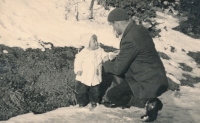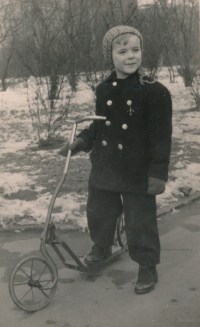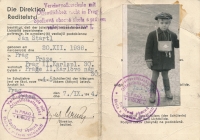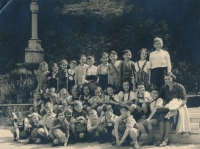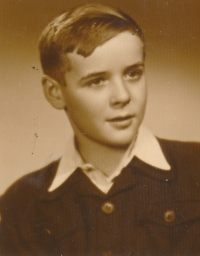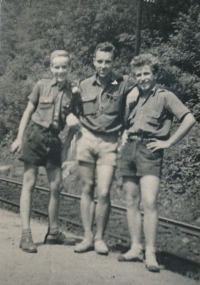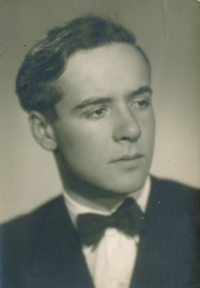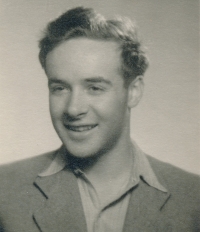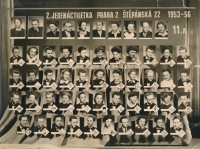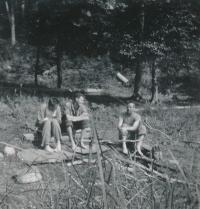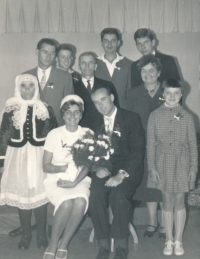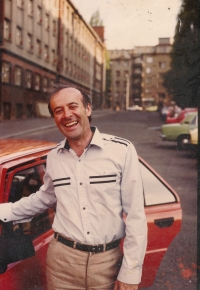We never stopped scouting
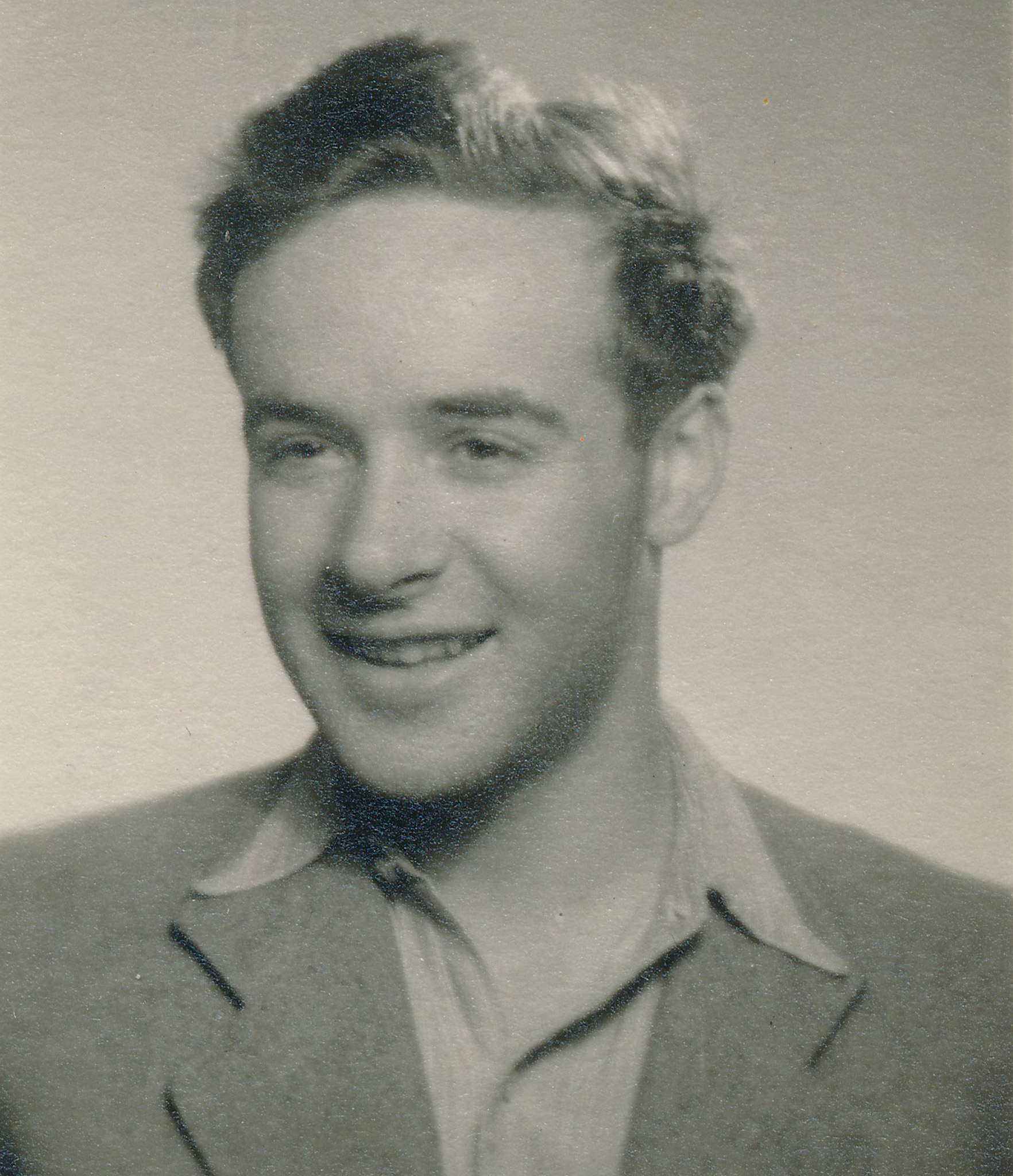
Download image
Jan Startl was born on 20 December 1938, the second son of Prague lawyer Václav Startl. His uncle, high school teacher Jaroslav Startl, was imprisoned in Terezín for his participation in the anti-Nazi resistance. After the bombing on 14 February 1945, the family moved to Voznice near Dobříš, where the witness saw the departure of the German army and the arrival of the Soviet army. After returning to Prague, he became a member of Junák, and after its dissolution in 1950, he continued to participate in illegal meetings, expeditions and summer camps of the 22nd water troop Šipka under the leadership of Radek Trohar. Václav and Ivan Havel also attended the same club. He graduated from the College of Mechanical and Electrical Engineering in Pilsen, where he had to participate in summer jobs at the Zbůch mine because of his bourgeois background. Until 1989 he worked as an expert in electric glass melting at the State Research Institute of Glass Technology in Prague. In the 1980s, he was followed by State Security and never received an exit permit to go abroad due to suspicions of possible emigration. After the Velvet Revolution he worked as a guide for English-speaking tourists. At the time of filming he was living in Prague, where he ran a family guesthouse, and still met with his scout troop.
